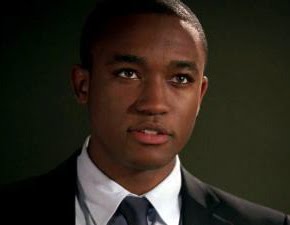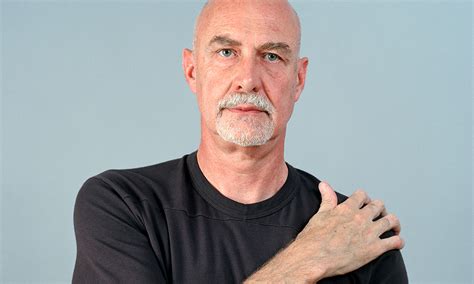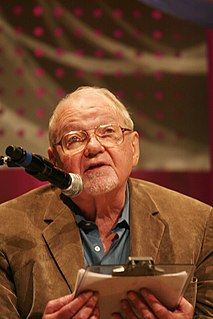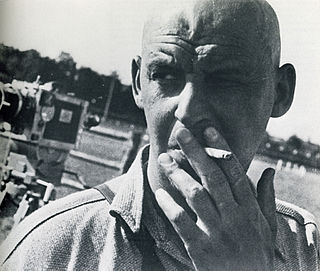A Quote by Barbara Kruger
Photography has saturated us as spectators from its inception amidst a mingling of laboratorial pursuits and magic acts to its current status as propagator of convention, cultural commodity, and global hobby.
Related Quotes
Honor to the idealists, whether philosophers or poets. They have improved us by mingling with our daily pursuits great and transcendent conceptions. They have thrown around our sensual life the grandeur of a better, and drawn us up from contacts with the temporal and the selfish to communion with beauty and truth and goodness.
Oil is a tangible commodity, so there is a global market. The fact that we may need less may affect the global price because we're big consumers: we probably take about a quarter of global demand. But if suddenly, let's just use a crazy example, fighting in the Middle East led to the closure of the Strait of Hormuz and no oil could get out through the Strait of Hormuz, well that would affect China, India, Europe, it will affect the whole global economy. It will affect us, too, then.








































